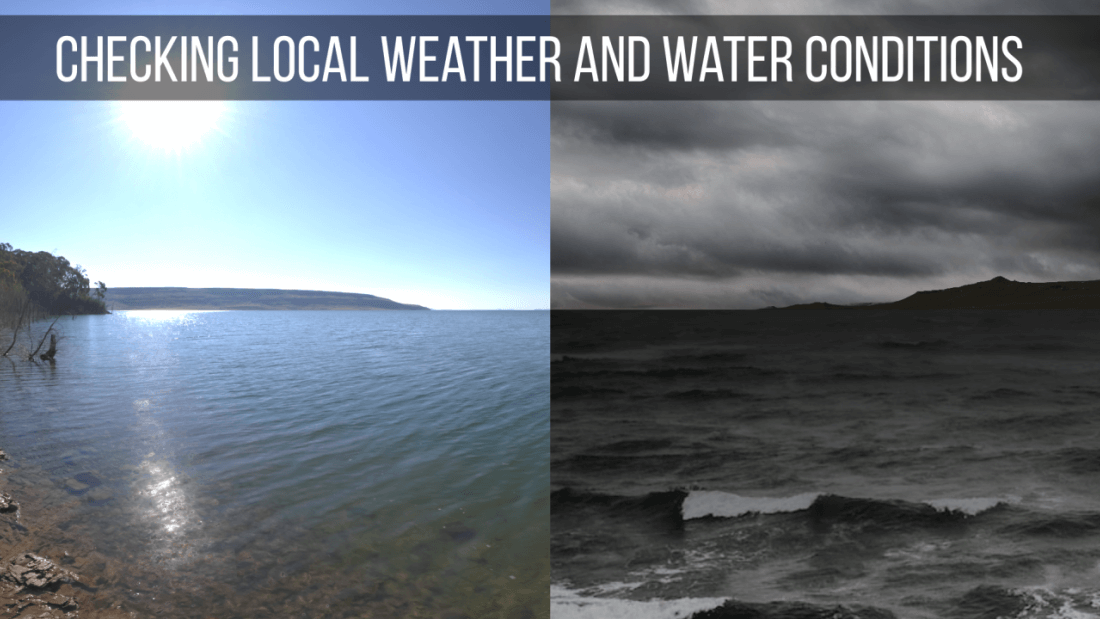Sudden Weather Change
Always check the local weather before heading out
You should never leave the dock without first checking the local weather forecast and water conditions. Weather and water conditions play a big role in your safety on the water. Before heading out, make sure you get the latest forecast for your area and that you understand what it means. You can get weather and water condition information from TV, radio or from one of the weather channels on your VHF radio. Environment Canada provides marine forecasts in many ways. If you have a marine radio, you can get weather updates while you’re on the water. These forecasts provide information on wind speed and direction, weather, visibility and freezing spray (if applicable). Forecasts are issued several times a day. Some forecasts discuss current conditions while others discuss the conditions to expect over several days.

As Skipper, it is your sole responsibility to determine, from the conditions, your skill level, and the vessel's capabilities, when to cancel or alter your trip. Checking these conditions prior to leaving the dock is just as important in planning your trip as checking for fuel and required equipment. Special attention to weather and weather indicators can make the difference in a pleasant day on the water and potential disaster. The first indicator of bad weather approaching is the buildup of dark clouds.
What actions should you take when operating a boat in bad weather?
-
First, make sure all aboard are wearing approved PFDs.
-
Reduce speed and proceed with caution.
-
Close all hatches and ports.
-
Head for the nearest shore that is safe.
-
Head into the waves at a slight angle
-
Pump out bilges and keep dry.
-
Change to a full fuel tank.
-
Secure loose items that could be tossed about.
-
Keep everyone low in the boat and near the centerline.
-
Minimize the danger of having your boat struck by lightning by seeking shelter in advance of a storm. If caught on open water during a thunderstorm, stay low in the middle of the boat.
-
If there is lightning, disconnect all electrical equipment. Stay as clear of metal objects as possible.
-
If caught in fog, sound the appropriate sound signals.